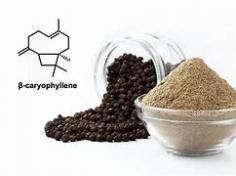0 repins 0 comments 0 likes
-
- Categories
- Other
- Australia
- China
- New Zealand
- United States
- United Kingdom
- France
- Spain
- Italy
- Turkey
- Germany
- Malaysia
- Mexico
- Austria
- Russia
- Ukraine
- Thailand
- Saudi Arabia
- Greece
- Canada
- Poland
- Netherlands
- Singapore
- Hong Kong
- Taiwan
- South Korea
- Japan
- Brazil
- Argentina
- Indonesia
- Vietnam
- India
- Morocco
- South Africa
- Tunisia
- Zimbabwe
- Algeria
- Kenya
- Egypt
- United Arab Emirates
- Syria
- Jordan
- Iran
- Israel
- Qatar
- Dominican Republic
- Chile
- Puerto Rico
- Peru
- Uruguay
- Costa Rica
- Mauritius
- Sweden
- Nepal
- New
- Popular
- Gifts
- Videos
- Help / Contact Us
- Terms & Privacy
- What is TripTerest
Back to Top





